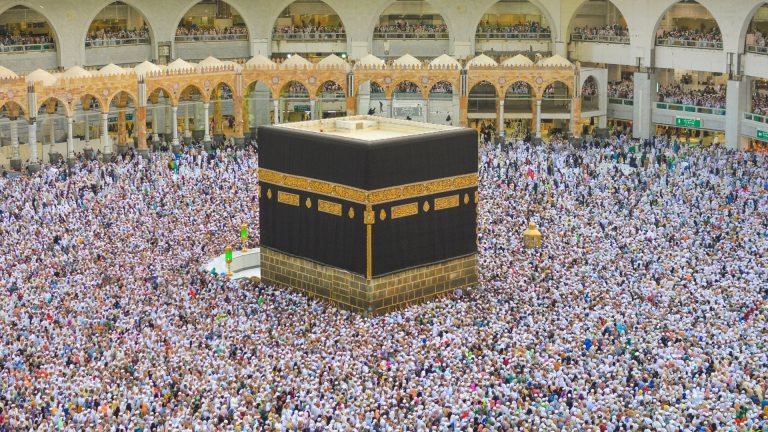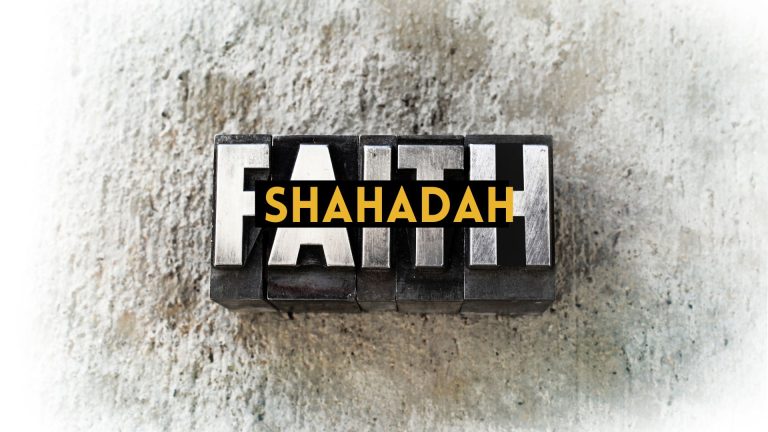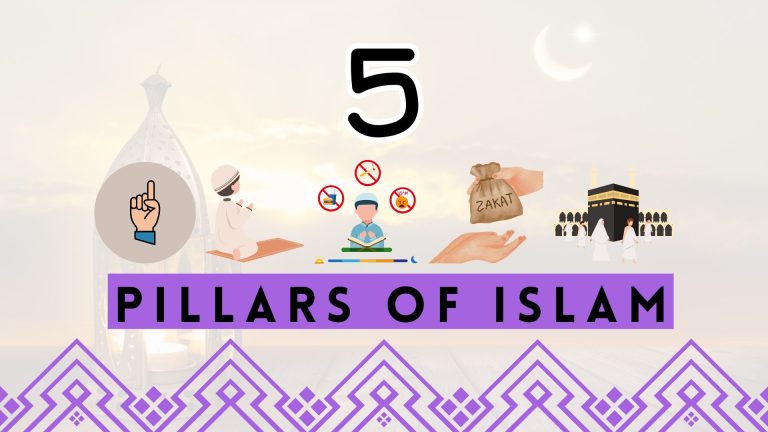Islamic Prayers and Islamic Prayer Times
Salat times are when Muslims pray. These times are set for five prayers daily, including Friday prayers, which are done in groups. Muslims believe that Allah revealed these times to Muhammad. Muslim leaders set these five prayer times after Muhammad died in 632 based on his teachings and actions.
The timing of these Islamic prayers depends on the position of the Sun and where you are on Earth. Different Islamic groups have slight differences in what they believe these times are. But they all agree that you can’t pray before the set time.
Most Muslims pray five times a day: Fajr (dawn), Dhuhr (afternoon), Asr (late afternoon), Maghrib (after sunset), and Isha (night). They always face towards the Kaaba in Mecca.
Nowadays, many Muslim communities provide prayer schedules for each area. Some clocks can show the prayer times. In the past, some mosques had astronomers called muwaqqits who calculated the prayer times using astronomy.
Islamic Prayers and Islamic Prayer Times
The timing for each prayer is based on the Sun’s position during the day. For example, Maghrib prayer can be done after sunset until the red twilight disappears. In mosques, someone called the muezzin announces the prayer times. These times change throughout the year and depend on where you are on Earth.
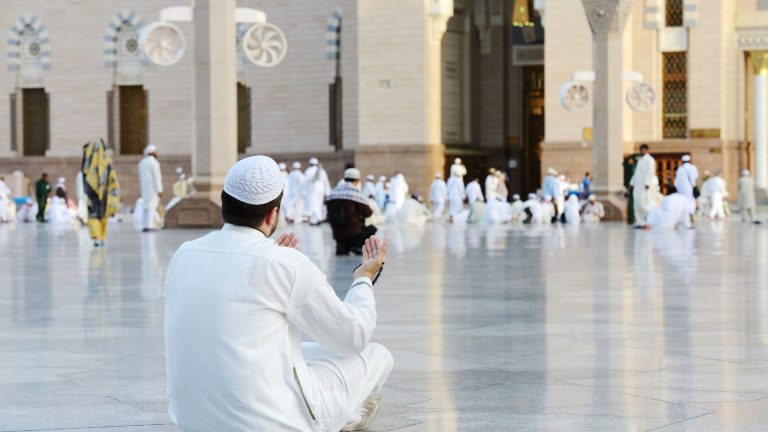
1. Fajr (Dawn)
Fajr prayer begins at true dawn when the morning light spreads across the sky and ends at sunrise. It’s the first prayer of the day and holds special significance. Many Muslims wake up before dawn to perform this prayer, seeking blessings and guidance for the day ahead.
2. Dhuhr (Midday)
Dhuhr prayer starts after midday, typically when the sun begins its descent from its highest point in the sky, and lasts until the Asr prayer begins. It’s commonly performed during the lunch break or in the early afternoon. Dhuhr is an important prayer that serves as a pause and a moment of reflection amid the day’s activities.
3. Asr (Afternoon)
Asr prayer begins when an object’s shadow becomes equal in length to the object itself, plus the length of the shadow at Dhuhr, and continues until just before sunset. Performing Asr before the sun turns orange is recommended, but praying until about 15 minutes before Maghrib is permissible. Asr prayer marks the transition from afternoon to evening and is a time for renewal and seeking forgiveness.
4. Maghrib (Sunset)
Maghrib prayer starts immediately after the sun sets and lasts until the red twilight disappears from the western sky. It’s a significant prayer that signifies the end of the day and the beginning of the evening. Maghrib is often observed with gratitude for the day’s blessings and a request for protection during the night.
5. Isha (Night)
Isha’s prayer begins at civil dusk, when the sky darkens, and continues until nautical dusk, when the horizon becomes indiscernible. It’s typically performed after dinner and before bedtime. Isha’s prayer offers an opportunity for introspection and seeking forgiveness before resting for the night. It’s often seen as a time for personal reflection and spiritual connection.
Why do Muslims Pray Five Times a Day?
Muslims believe it’s a command from Allah and a way to maintain a strong connection with the divine throughout the day. Each prayer serves as a reminder of one’s faith and obligations.
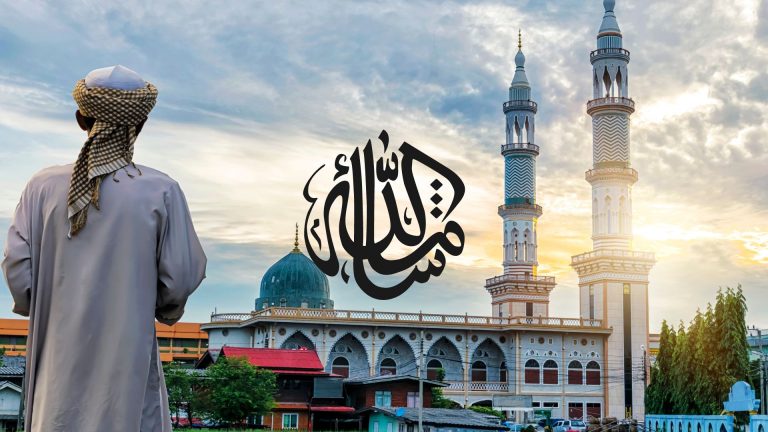
Other Special Prayers
Other special prayers include Eid prayers for celebrating religious festivals, Taraweeh prayers during Ramadan, funeral prayers for the deceased, and rain prayers for seeking divine assistance during drought.
Friday Prayer (Jumu’ah)
Friday prayer replaces the regular Dhuhr prayer on Fridays. It’s performed in congregation after midday but before the afternoon prayer (Asr). Men must attend the Friday prayer in a mosque, but women can attend or pray Dhuhr at home.
Eid Prayers
These prayers are performed on the occasion of Eid al-Fitr and Eid al-Adha. They’re done in the congregation and mark the end of Ramadan and the Hajj pilgrimage.
Taraweeh
During Ramadan, Muslims perform extra prayers called Taraweeh after the Isha prayer. It’s optional but highly encouraged. Usually, 20 units of prayer are performed with breaks after every four units.
Funeral Prayer (Salatul Janazah)
When a Muslim passes away, the community gathers to pray for the forgiveness of the deceased. It’s called the funeral prayer and involves special actions, but no bowing or prostration. Adult Muslim men must attend, while women may also join.
Prayer for Rain (Salatul Istisqa)
This prayer is performed during times of drought or scarcity of rainfall. It’s a voluntary prayer seeking God’s mercy for rain.
FAQs
How do Muslims determine the timing of prayers?
The timing of prayers is determined based on the position of the Sun in the sky. Different prayers have specific time frames throughout the day, from dawn until nightfall. These times vary depending on geographical location
What are the benefits of attending Friday prayers (Jumu’ah)?
Friday prayers hold special significance in Islam as they allow Muslims to gather as a community, listen to a sermon (khutbah), and strengthen bonds of brotherhood/sisterhood. It’s considered a communal obligation for adult men to attend.
Are women required to pray in the mosque for Friday prayers?
While adult men must attend Friday prayers in the mosque, women can attend or pray Dhuhr at home. However, many women attend Friday prayers for the spiritual benefits and community connection.
What is the purpose of the funeral prayer (Salatul Janazah)?
The funeral prayer is offered for deceased Muslims to seek forgiveness for the departed soul and to show solidarity with the grieving family. It’s a way for the community to come together and offer support during loss.
Can non-Muslims participate in Islamic prayers or attend mosque services?
While non-Muslims are generally welcome to visit mosques and observe Islamic prayers, participation in the prayers themselves is typically reserved for Muslims. However, mosques may offer educational programs or guided tours for non-Muslims to learn about Islam and its practices.
Conclusion
Islamic prayers are integral to a Muslim’s daily life, providing spiritual guidance, reflection, and connection with the divine. These prayers, set at specific times throughout the day, serve as reminders of faith and obligations. From Fajr at dawn to Isha at night, each prayer holds significance and offers moments of introspection and renewal.
Additionally, special prayers such as Friday, Eid, Taraweeh, funeral, and rain prayers provide opportunities for communal worship, celebration, and seeking divine intervention in various aspects of life. Overall, prayer in Islam serves as a source of strength, guidance, and unity for Muslims around the world, reinforcing their relationship with Allah and their community.

